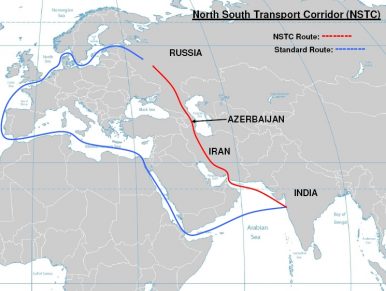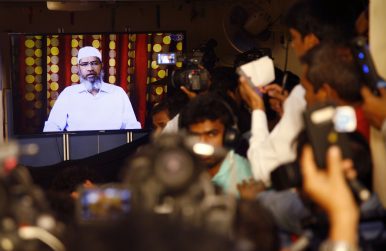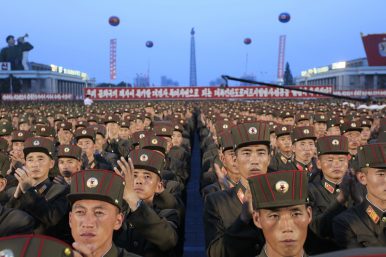Maj Gen P K Mallick, VSM (Retd)
QUAD is the flavor of the month.
I have already attended three seminars on the subject. I bet there will be more in the offing. Where it is in the interest of Uncle Sam there will be no dearth of sponsors. Who says there is no free lunch. There are some free dinners also thrown in between !
Yesterday I attended a seminar on Indo-Pacific Security in India – In an Era of Transition organized by Forum for Strategic Initiatives and Konrad – Adenauer- Stiftung in collaboration with the Centre for Land Warfare Studies. I was there for the last session starting from 3 PM. The session was chaired by Dr. Arvind Gupta. The panelists were Shri K C Singh, Dr. Mohan Guruswami and Shri Pramit Pal Chaudhary of Hindustan Times. It was an interesting session. Normally after lunch in last session there are not many in the audience. I was pleasantly surprised to see a large number.
Shri K C Singh spoke about enhancing the geographical boundary of Indo Pacific to Israel as West Asia and Middle East cannot be kept out. The world has to deal with China as it is leading in AI, Biotechnology and other sunshine technologies. China’s share of Global Commons is 42% and global unicorn is 34%. India has no benefit in joining BRI as our posts are sufficient and the Japanese assisted freight corridor would hasten transportation of cargo from Mumbai upwards. There will be large number of groupings like G2, G8, BRICS, et al. Lot of groups would lose relevance as ASEAN is showing. Except trade there is no uniformity in ASEAN. The nations are not on the same wavelength on issues like South China Sea. USA under Trump has already yielded space there. TPP has been cancelled. If USA has to regain its previous position it would be interesting to see how the increasingly belligerent China would react. India has to negotiate with such groups at different levels. Foreign Minister of Russia and China are already in Delhi for talks.
Dr Mohan Guruswami spoke on economy. In his inimitable style he brought out it is economy, Stupid. Whether one likes or not USA, the big elephant will always be there. As Shri K C Singh said, USA is neighbor to every country in the world. MG with his meticulous statistical table brought out that on PPP terms Chinese economy is $ 22 trillion whereas India’s is $9 trillion. Asia is growth leaders with 5.5 % growth, USA is growing at 2.4%. Asia is vulnerable to decline in global trade. Problem of advanced countries is Asia including China are aging population, slow productivity. Asian risk of growing old before becoming rich. China has a trade balance over US in $350 billion. Almost all countries including India has a trade balance with USA.
China is the biggest exporter, it is going up the chain is value addition. India is also there. In IT software you produce from nothing!
China and Japan hate each other tremendously. However, look at their trade figures. They are second biggest importer/exporter to each other. It is economy, Stupid.
IT. IT sector is seeing a slow down. Indian IT sector growth has come down from 40% to 15%. Indian IT sector employs 3.5 million people out of which 1.2 million are women. These are well paid blue colour jobs. IT sector provides 9.5% of Indian GDP. India’s IT expert is $120 billion, out of which 65% goes to USA. If Donald Trump tightens the screw, Indian IT sector is in serious trouble as also Indian economy.
There are talks of banning of Chinese imparts. It is not Ganesh moorthy. Look at the trade. We export iron ores, Bellary bothers made a killing. India’s pharmaceutical industry will be severely affected as the raw material comes from China. India export to China is miniscule in terms of % of GDP.
China’s capacity to manufacture at such high scale with such quality is unmatched. There is hardly any FDI investment from China to India. China is cash rich. We have to get China to invest in India.
Pramit Pal Chaudhary was to speak on Indian Strategic Concern. This did not figure much in his talk. He spoke about a recent paper WHOSE RULES, WHAT RULES? A CONTEST FOR ORDER IN THE ASIA-PACIFIC. As luck would have it. I read the same paper yesterday and had put in my blog Interested people can read it at http://strategicstudyindia.blogspot.in/2017/12/whose-rules-what-rules-contest-for.html
It was an interesting session. I hope CLAWS/ FSI will publish the summary of the discussions held during the seminar.











